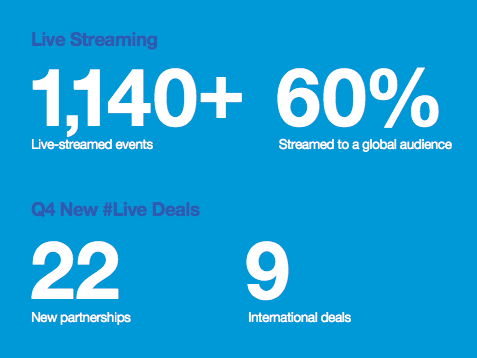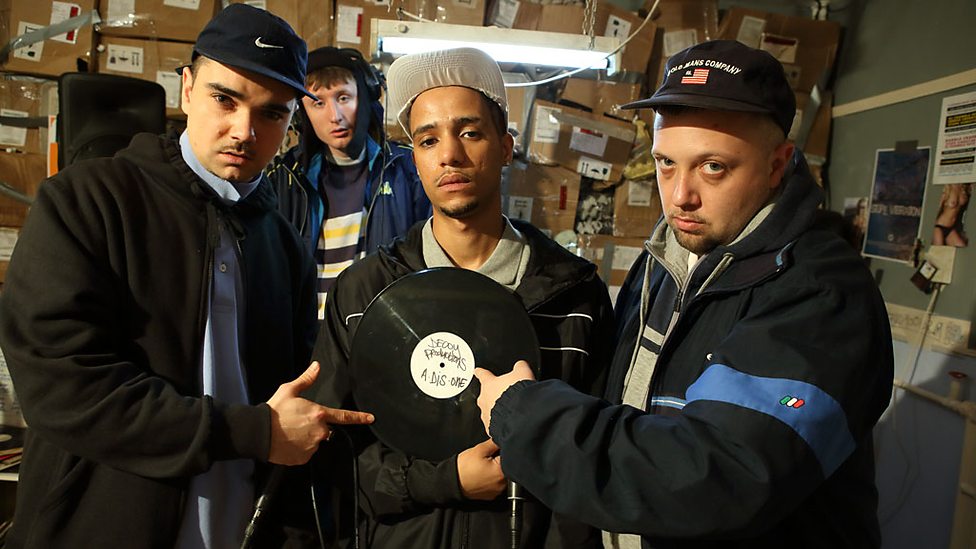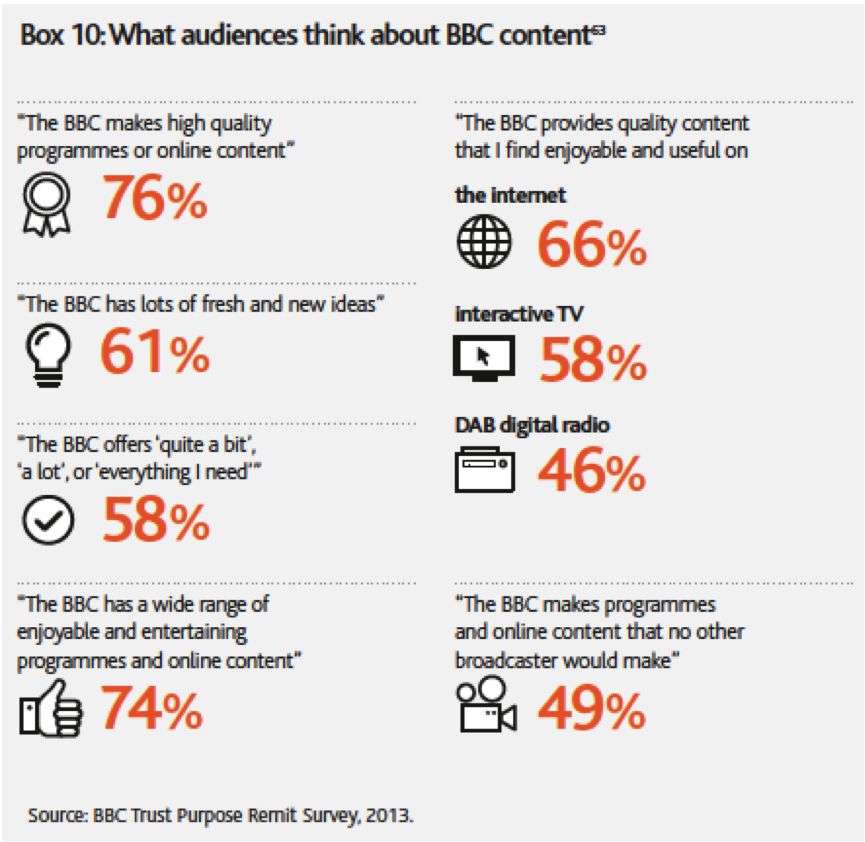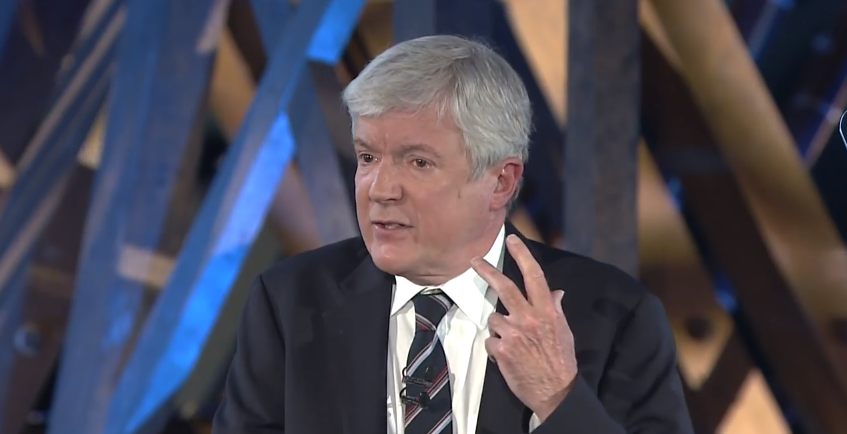It’s important for the flagship BBC One to be setting the right example, which is why Oscar winner Steve McQueen’s forthcoming six-part drama about a West Indian family in London is so exciting. Meanwhile Motown-powered musical drama Stop!, written by Tony Jordan (Eastenders, By Any Means, The Ark), will “reflect the diversity of modern Britain” apparently. What about emerging talent though and even more provocative storytelling?
Clearly, jobs at the BBC should be going to the most promising, suitably experienced and talented candidates regardless of race, gender or sexual orientation. (And that goes for studio guests too, lest we have more car crash TV like this Straight Outta Compton discussion on Newsnight. No wonder viewers have “given up” on the BBC, according to producer Jasmine Botiwala.) But until commissioners, casting agents and other key decision makers can be trusted to better reflect the true breadth of British voices on TV, there will have to be targets across departments. And, presumably, penalties imposed by OFCOM or the DCMS.
The current Royal Charter is quite vague on the subject of diversity. Wade through the weighty tome and you’ll see phrases such as “representing the UK, its nations, regions and communities”, “bringing the UK to the world and the world to the UK” and having Audience Councils “to bring the diverse perspectives of licence fee payers to bear on the work of the Trust”. The broadcasting agreement between the BBC and the secretary of state elaborates further: “The Trust must, amongst other things, seek to ensure that the BBC—
1. (a) reflects and strengthens cultural identities through original content at local, regional and national level, on occasion bringing audiences together for shared experiences; and
2. (b) promotes awareness of different cultures and alternative viewpoints, through content that reflects the lives of different people and different communities within the UK.”
The Audience Councils appear too region-focused and do not sufficiently reflect the cultural nuances within those regions. Culture Secretary John Whittendale acknowledged this fact when delivering his charter review statement in the House of Commons in July: “Variations exist, and there are particular challenges in reaching people from certain ethnic minority backgrounds and in meeting the needs of younger people, who increasingly access content online. Variations exist among the different nations and regions too.”
But back to the question of funding, and one way to bolster the BBC is to “by pushing ourselves more commercially abroad,” in the words of writer and producer Armando Iannucci. During his James MacTaggart Memorial Lecture at the Edinburgh TV Festival he went on to say: "Be more aggressive in selling our shows, through advertising, through proper international subscription channels, freeing up BBC Worldwide to be fully commercial, whatever it takes.”
Lord Hall has acknowledged the need to raise commercial income to supplement the licence fee “so we can invest as much as possible in content for UK audiences.” One example is the forthcoming over-the-top streaming service in the US. He went much further when outlining his vision for the BBC at the Science Museum in September. Presenting his “open platform for creativity”, Hall announced a partnership with local and regional news organisations (funded by cuts to other departments), and advocated an Ideas Service (presumably an echo of the World Service) where the BBC hosts content from leading cultural institutions such as the British Museum and the Royal Shakespeare Company. He also implied that WoCC (Window of Creative Competition) quotas would be relaxed, allowing more independent producers to bid for BBC commissions beyond the current minimum of 25%. In theory that would mean greater flexibility and diversity in TV production. In theory.











